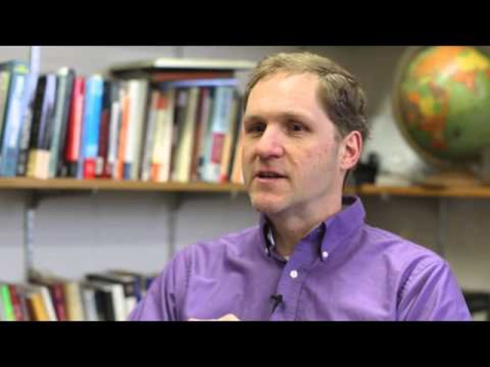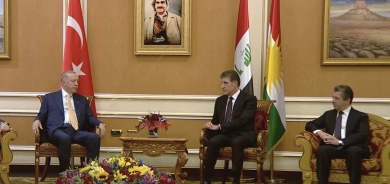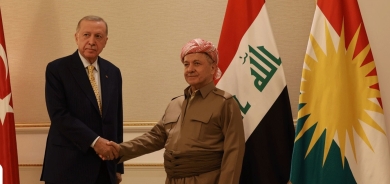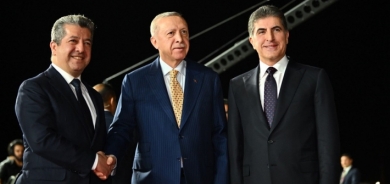Paul Kubicek, Director of International Studies Program to Gulan:I do give credit to the KRG for being a stabilizing and constructive force
September 20, 2016
Exclusive Interviews

GULAN: The fact on the ground is much different than what is discussed on the round tables for resolving Middle Eastern problems and ending ISIL. For example, in the Geneva III conference, transitional phase is discussed for Syria, but Assad seems to be playing by this decision. According to your opinion; don’t you think that International community is trying to resolve the problems within the old borders which is a kind of impossible task?
Paul Kubicek :The international community clearly does not want to open the question of re-drawing borders in the region. On the one hand, this is understandable, as there would be disputes over territory and (at best) peacekeepers would have to be sent in for a long time period. In particular, an independent Kurdish state could lead to conflict with Turkey. However, it is clear that working with the current borders will be very very tough, and any solution will have to include a large degree of de-centralization. I would actually propose Bosnia as a model, even though that country still has serious problems.
GULAN:Experts have reached the conclusion that Iraq and Syria are unable to become a sovereign and unified state once again, this is because Bashar Al-Assad cannot take control of Sunnis inside Syria again, and Sunnis in Iraq are unwilling to give Shiites the second chance to coexist, because Shiite Militias have performed ethnic cleansing in different places inside Iraq. If Iraq and Syria have already been divided, why super powers do not admit it?
Paul Kubicek :Again, the prospect of re-drawing borders, many believe, would generate more conflict. Furthermore, one could ask if any of these smaller states could actually succeed. If the various sides could agree on new borders, then some sort of partition might be possible.
GULAN: The risk of Iran is increasing in Middle East, previously Iran used to have Hizbullah, Hamas, Houthis in Yemen and Palestine, but currently just like ISIL, Iran also have created Shiite forces under the name of different militias and claims for Shiite Islamic state, don’t you agree that these steps of Iran are making the problems more complicated and further deepens the Sunni Shiite division?
Paul Kubicek :Iran has played a negative role, yes, but there is some hope that with the new agreement Iran might be able to play a more constructive role. Obviously, one has to watch what Iran does carefully, and Iran is playing a dangerous sectarian game. However, it might be the foreign power best positioned to help combat ISIS at this point.
GULAN: The only party that has stayed neutral among the Sunni-Shiite division is the Kurdish aspect, the only way to let it stay neutral and fight ISIL is establishing an independent Kurdistan state. To what extent do you see that independent Kurdistan will be a reason for stabilizing the area and destroying terrorism?
Paul Kubicek :While I sympathize with the desire for an independent Kurdish state, Kurds must be careful that IF they pursue the path of a separate state, that they will not be attacked by neighbors such as Turkey and those Kurdish regions do not become a haven for groups like the PKK. This is simple realism, I would argue. At present, I do give credit to the KRG for being a stabilizing and constructive force. I am unsure if declaring independence in the immediate future would help.
GULAN:Since Iran is considered as an enemy to the Sunni states, especially Gulf States and Saudi Arabia, and on the other hand it calls for the fall of Israel. This situation has made Sunni States and Israel to be on the same side against Iran, and they cooperate with each other within this regard. To what extent alliance between Israel and Saudi Arabia might stabilize the chaos in Middle East
Paul Kubicek :I would not put too much into this, and I do not see Saudi Arabia as a constructive force in Yemen or in the region as a whole, for that matter.
GULAN: Experts think that unless a new map is drafted for the area, external intervention cannot be limited for the Middle Eastern countries. To what extent changes in the borders might organize the failed state system of Middle East?
Paul Kubicek:I think I addressed this above. I would agree that in theory this is worth considering, but it is essential that the major players negotiate what this would look like and that international forces be deployed to keep the peace.















